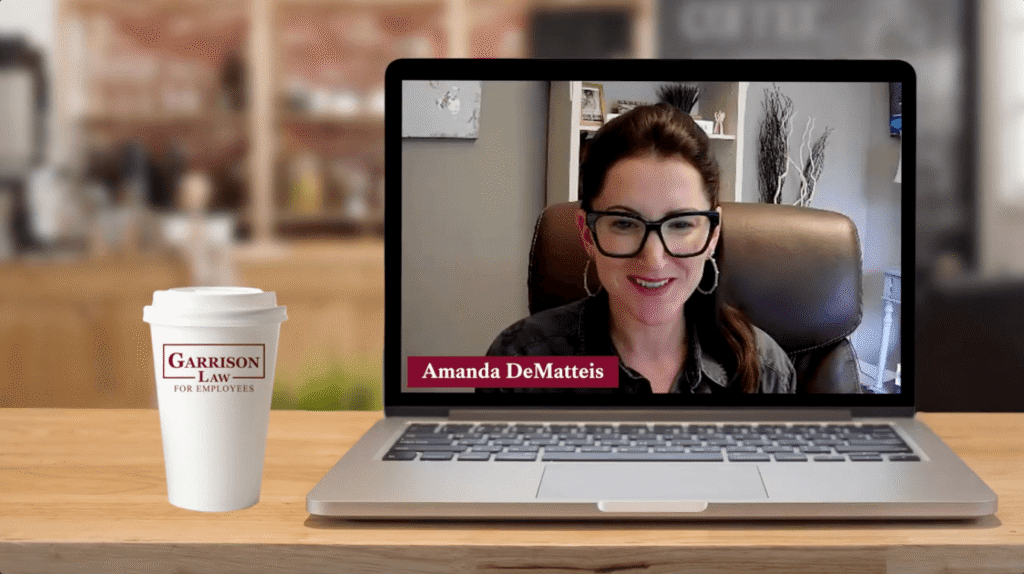Nov 12 2025
Amanda DeMatteis: Hi, Josh.
Josh Goodbaum: Hi, Amanda. What are we talking about today?
DeMatteis: I thought we would continue our series in talking about what various legal words that we throw around pretty frequently mean to lay people. And the word of the day is “jurisdiction.”
So, someone may have a lawsuit, and their lawyer might say, “We’re not sure what jurisdiction we’re going to file in,” and that lawyer expects the client to know exactly what they’re talking about. Maybe they don’t. Can you help?
Goodbaum: I can, Amanda, but this is not a simple explanation because “jurisdiction” actually has multiple different meanings in the law.
In one sense, it means a territory of power, like the jurisdiction of Connecticut or the jurisdiction of the Southern District of New York. That kind of jurisdiction is sometimes used synonymously with the words “forum” or “venue,” though those are slightly different. But, for basics, “jurisdiction” could be the place where you file.
Separately, there’s the concept in the law that “jurisdiction” is a source of power for the court, and that splits into two different ideas: “subject matter jurisdiction” and “personal jurisdiction.”
“Subject matter jurisdiction” is the idea that not every court can hear every kind of dispute. If you want to get a civil lawsuit into Superior Court in Connecticut, for example, you need to have a dispute that’s worth at least $15,000. State courts are courts of general jurisdiction, which means they hear most every kind of dispute, except for very low-level ones. Federal courts, in contrast, are courts of limited subject matter jurisdiction, and that means in order to get into a federal court, you have to have a particular kind of dispute. For federal jurisdiction, you either have to have “federal question jurisdiction” (which means a case that raises a question under federal law), or you need to have diversity jurisdiction (which means there’s a suit between parties from two or more different states and the dispute is worth a certain amount of money).
But if you’re a plaintiff, can you sue the defendant in a court that’s anywhere in the country? No, you have to go to the correct federal court, and that’s a question of what’s called “personal jurisdiction.” Personal jurisdiction means that, in order for a defendant to be properly sued in a court, that defendant has to have some relationship with that court in order for the court to have power over them. If you are a defendant, in general, you can only be sued in a state with which you have a personal relationship. If you are sued somewhere else, then you would try to dismiss the case because there is no personal jurisdiction. For example, if you work in Connecticut and you live in Connecticut, and you’ve always lived and worked in Connecticut, and you’ve never had any dealings with the state of California – you’ve never been there, you’ve never worked in California, you’ve never signed a contract that has anything to do with California – and you get sued in the state of California, you are going to file a motion to dismiss that lawsuit for lack of personal jurisdiction because you do not have any connection with California that would allow that court to have any power over you.
So, you can see three different definitions for the term “jurisdiction”: (1) where you would be, (2) what kind of court it is, and (3) what kind of relationship you have with that court. So, if your lawyer is using the term jurisdiction, it probably makes sense to ask them, “Which jurisdiction do you mean?” Then they will be so impressed by what a wonderful client you are.
DeMatteis: Thank you so much, Josh, and thank you for watching. We’ll see you next time with some more tricky legal words. Thanks.
Posted by Garrison, Levin-Epstein, Fitzgerald & Pirrotti, P.C. in Commentary
Tagged Amanda DeMatteis, Joshua Goodbaum









